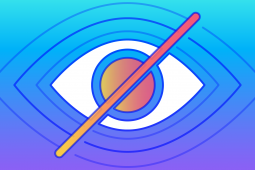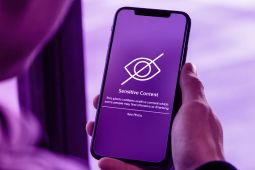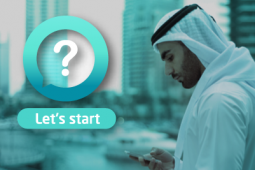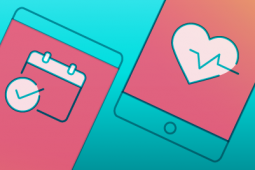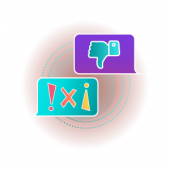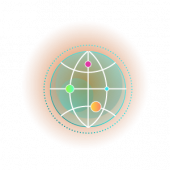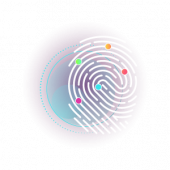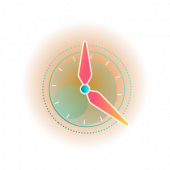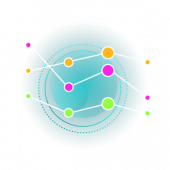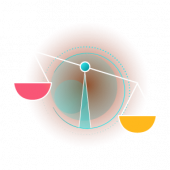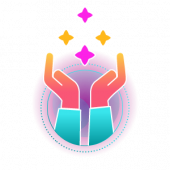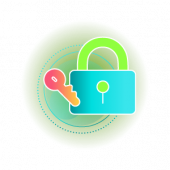How can I help my child develop a healthy self-image on social media?
Our Online Habits and Mental Health
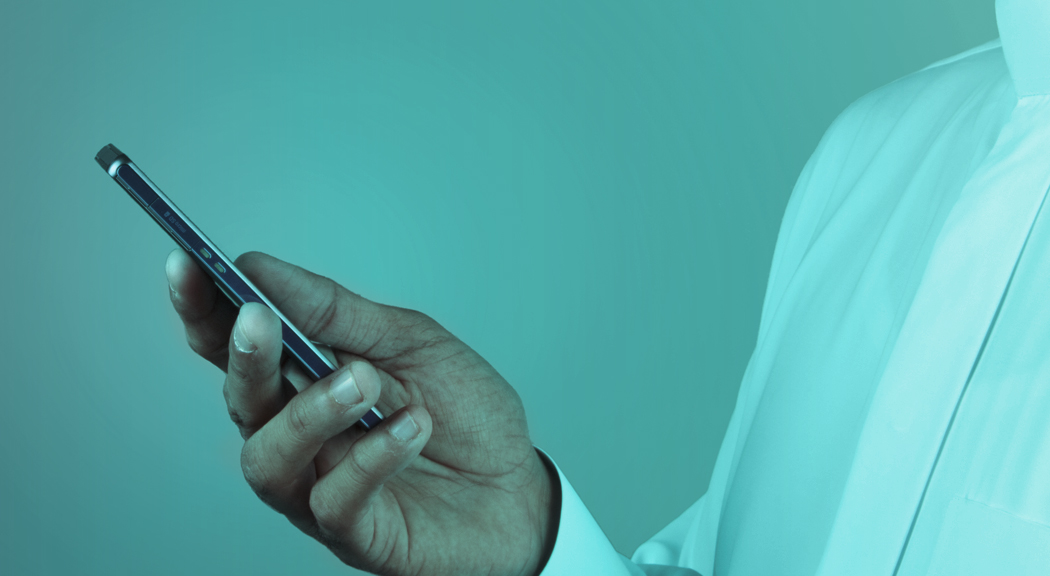
With technology evolving by the minute, it's perfectly normal for social media to be constantly evolving too, generating an incredible number of ways to create content and communicate information. This sharing of information begins the moment we grab our smartphone in the morning and continues throughout the day until late in the evening. Technology has completely transformed the way we communicate and interact and has even changed the way we perceive ourselves and how we perceive others.
Benefits of social media
Undoubtedly, there are good sides to social media, such as the feeling of belonging to a community and the possibility of communicating with anyone almost anywhere and at any time. Social media have given us access to information that can open our minds and diversify our views.
Some research has even concluded that certain platforms have a positive effect on mental health, offering opportunities to make connections and form bonds that wouldn’t have existed otherwise.
The drawbacks of social media
However, social media has also a dark side. According to researchers, the more you spend time on social media, the more likely you are to suffer from mental health problems. Moreover, several studies have begun to examine the disturbing link between participation in online social networking and various ailments or psychiatric disorders.
The real link between social media use and mental health is an area of study relatively new and complex, given the constantly evolving technological reality. Although some show positive aspects and results of our online interactions, an increasing number of studies seem to support the opposite thesis. Either way, the influence that social media has on people, organizations, and communities cannot - and should not - be ignored.
The Negative effects of social media
If you feel like social media is disturbing your emotional well-being, know that you're not alone. Psychologists, psychiatrists, and other health professionals have observed a radical increase in the number of patients who say they are negatively affected by their online activities.
The negative effects of social media stem mainly from the comparisons we make on these platforms with more socially advantaged people. These comparisons lower self-esteem, increase the risk of depression, anxiety, and a host of other unhealthy emotions and behaviors.
The main concerns to consider upon using social media:
- A decrease in self-esteem;
- Depression or depressive symptoms;
- A feeling of inferiority;
- Unflattering comparisons for oneself relative to others;
- Focus on one’s failures, or distress felt in front of other people’s online image and posts;
- Frequent feeling of envy when looking at other people’s posts;
- Use of social media as the main activity for fun and entertainment;
- Feeling distant from friends or family, and disconnected during in-person interactions with them;
- Loss of ability to concentrate;
- Addiction to social media
- Increased or unusual social anxiety during in-person interactions;
- Need to post every gesture one makes on their social channels;
- Negative emotion expressed by “Fear of missing out” (FOMO) during or after checking other people’s online activities;
- Consciously or unconsciously using social media as a distraction to avoid or suppress unpleasant emotions;
- Loss of concentration and other symptoms of attention deficit hyperactivity disorder (ADHD)
- Irregular or disordered sleep cycles;
- Increased fatigue or stress during or after using social media.
The bottom line, ask yourself this question: how do you really feel before, during, and after using social media? Do you feel jealous, upset, nervous, stressed out? If you find that what you get out of your online interactions is not good for your self-esteem, it may be time to carefully review your use of social media.
The brighter side of social media
If you’re wondering what would be the best use of social media, look for the elements that expand your mind and widen your universe while at the same time giving you a sense of inner peace and compassion towards others.
Subscribe to social media that allows you to:
- Participate in communities that are caring and informative, and that educate you about events or topics of interest to you. Use them to find articles, studies, and resources that help you improve your offline life.
- Improve and enrich your existing offline interpersonal relationships through feedback, messages, and positive comments.
- Become an active citizen! Get involved in causes you believe in or share your vision and values, or start your own movement. Use social media to educate and get your messages through.
- Foster goodwill, empathy, and support by posting positive, constructive, and helpful content and comments on other people’s content, and publications.
- Seek information and ideas from trusted sources to learn more about yourself and the world around you to evolve, grow, and live a better life.
No one knows what the next fabulous platform will be or what effect it will have, but one thing is certain: social media is here to stay and it is changing lives. The next time you use social platforms to watch, create, share, comment, or take action, keep an eye on how they affect your mental health. It is up to you and to you alone to avoid the pitfalls of social media and use them instead to cultivate your overall wellbeing and your happiness.
@2x.png)



